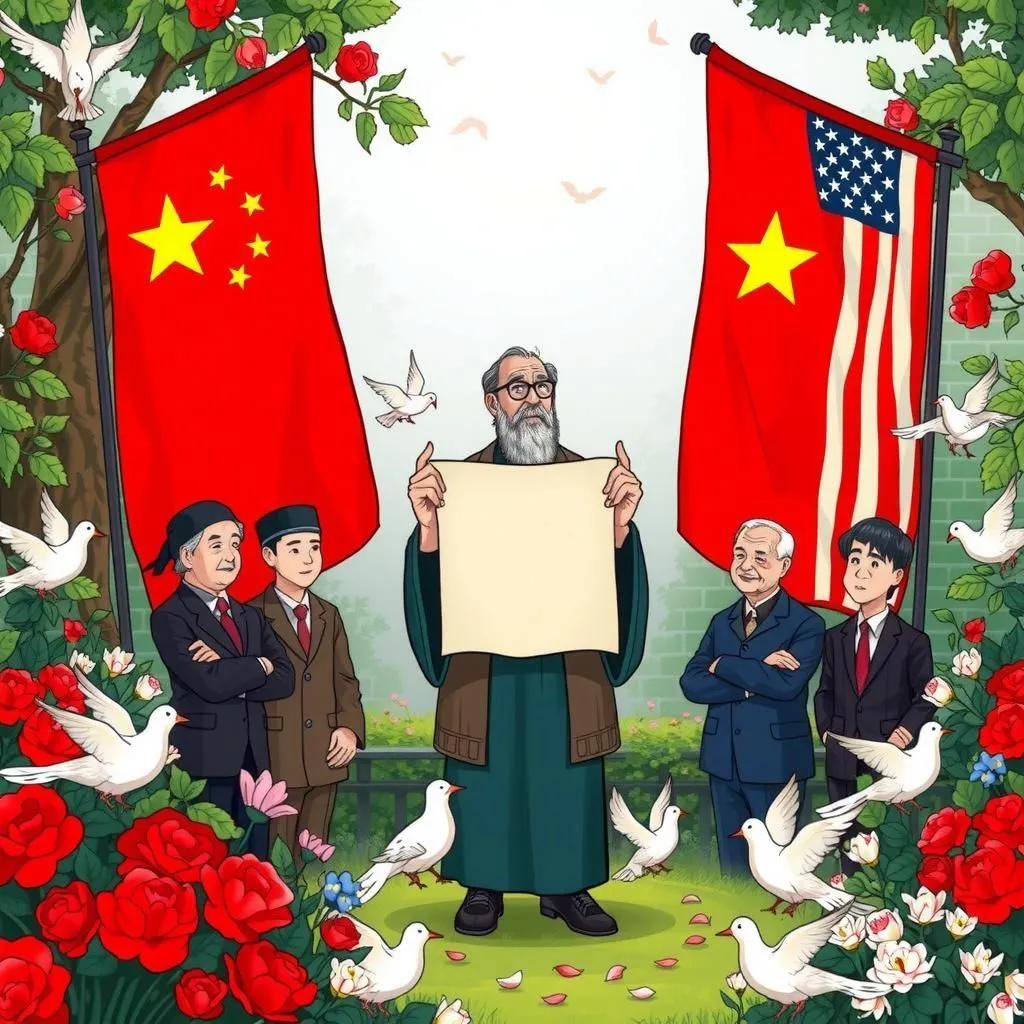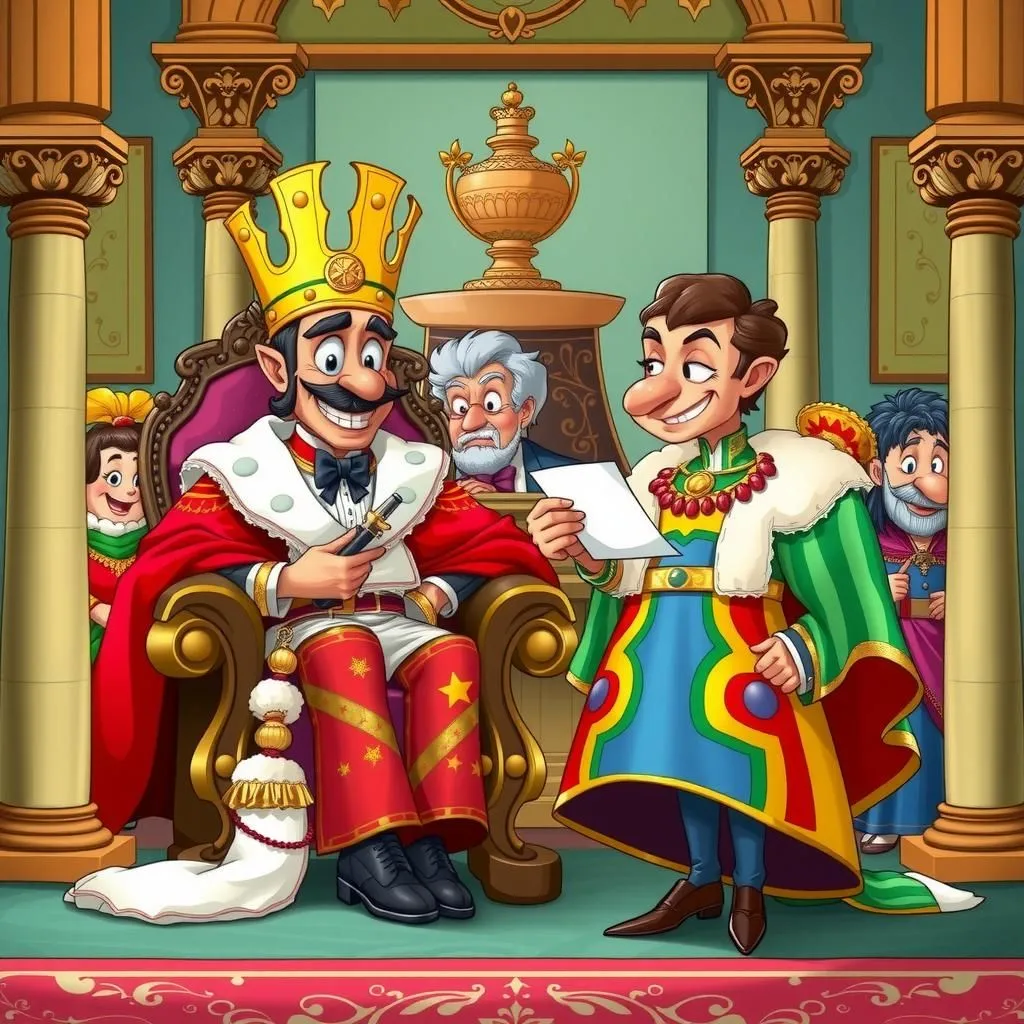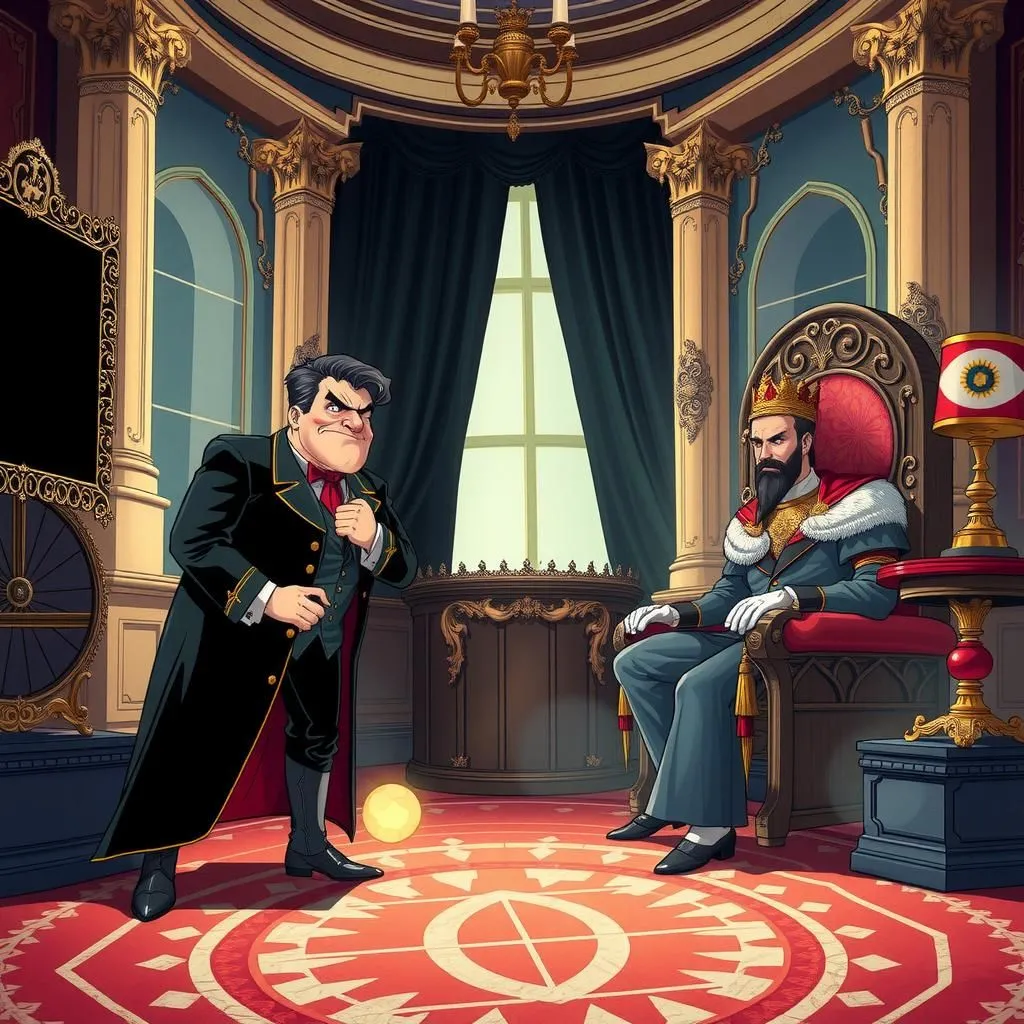
The Foolish Woman
In "The Foolish Woman," a married woman, believing she can alter her lover's fate, kills him to prevent his departure for a new life in Chicago, viewing it as a way to stop his wickedness. However, a passing policeman and a nearby man of God emphasize the futility of her violent act, illustrating a poignant lesson that one cannot control another's choices through force. This captivating moral story serves as a reminder that true change comes from within, making it a thought-provoking addition to the realm of creative moral stories and short stories with moral for adults.


